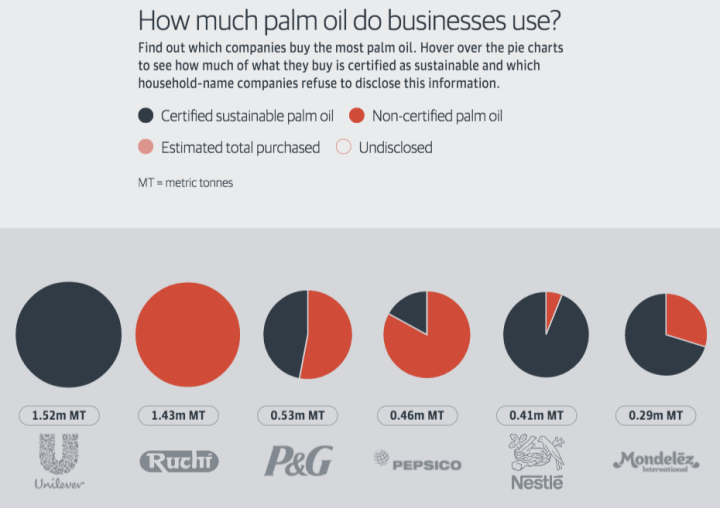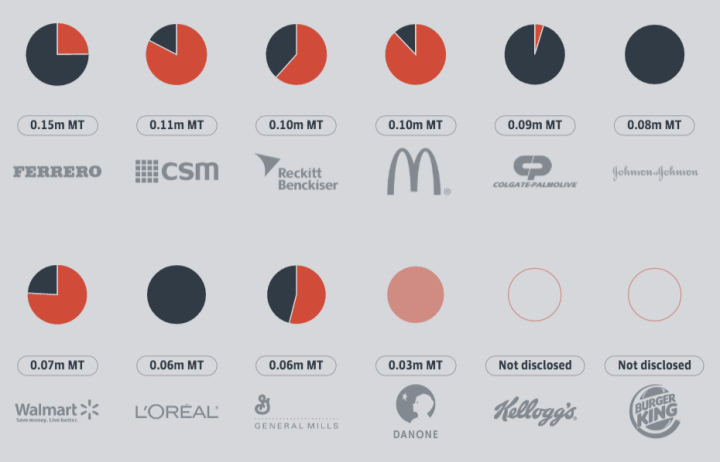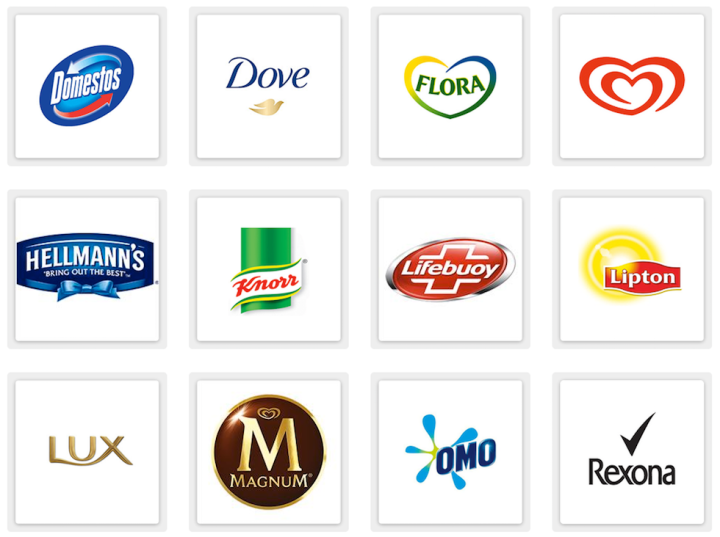We’ve already heard of the dangers of growing Palm Oil Plantations. Developing countries like Indonesia and Malaysia had been severely cutting down and burning trees in order to make way to grow the high-demand palm oil (See my previous article for more insights). At this rate, they are presently only using up the finite resources of the Earth and destroying the futures of their people. This goes completely against the ‘sustainability‘ principle – “development that meets the needs of the present without compromising the ability of future generations to meet their needs“.
As much as growing Palm Oil as a ‘biofuel’ is a type of renewable energy source (definition: energy that is collected from resources that are naturally replenished), almost 80% of the world’s palm oil plantations are currently not up to the certified sustainable standard (RSPO: Roundtable for Sustainable Palm Oil).
Sustainable, GOOD palm oil (that is certified and up-to-standard by the RSPO) means that the “plantation was established on land that did not contain significant biodiversity, wildlife habitat or other environmental values, and meets the highest environmental, social and economic standards as set out by the RSPO” (taken from WWF), as well as using safe and sustainable irrigation and organic methods, with no hazardous chemicals. All-in-all, this increases traceability and decreases the input of chemical hazardous wastes into the ecosystem, therein minimising carbon footprint.
NOTE: This is NOT to say as consumers we should not use Palm Oil at all. As a vegetable oil in comparison to other alternative vegetable oil such as rapeseed, sunflower and soya, it already ranks as the highest-yielding oilseed crop (see Statistics from Oil World 2013). As responsible consumers, all we have to do is support GOOD PALM OIL, then the producers will shift their outlook on the necessity of using sustainable measures.
“We must realise that producers will only produce sustainably if consumers like us send a clear signal that we want a sustainable product.”
Darrel Webber, secretary general, RSPO


(from The Guardian)
As the pie charts above show, which companies buy the most palm oil, and what proportion they buy is certified RSPO-sustainable.
“Good Palm Oil” Case Study: Unilever

As you can see, Unilever, global multinational consumer goods company that owns large brands such as Dove and Lux (bathroom products), Ben&Jerry’s and Magnum (ice-cream), Lipton (tea) and Rexona (deodorant), uses 100% certified sustainable palm oil. With a newly announced Sustainable Living Plan in May 2016, it leads the world as a role model for sustainability strategies (Read this article).
- Zero-waste-to-landfill from their factories;
- Eliminated the use of coal as an energy source;
- Only using sustainable palm oil;
- Setting the trend to invest in green energy; and
- increasing transparency of company, to report on its green, sustainable progress.
Unilever‘s Vision: To grow our business, whilst decoupling our environmental footprint from our growth and increasing our positive social impact.
“Bad Palm Oil” Case Study: Burger King and Starbucks
Burger King had always had a bad reputation with using palm oil from questionable (most likely unsustainable sources) of plantations. Recently in a 2015 Union of Concerned Sciences (UCS) Palm Oil Scorecard, Burger King and Starbucks had obtained a low score of 10/100, displaying little commitment to using deforestation-free palm oil.
Lastly, what can we do as consumers?
- Support and Demand products that use RSPO-certified sustainable Palm Oil
- Producers will reflect to the demands of the consumers;
- We cannot avoid palm oil, it is in 50% of our household products.
- Urge Governments to reinforce laws enforcing sustainable production methods
There is lack of awareness in the society; as responsible citizens we should share these environmental issues with friends or on social media so everyone makes conscious and earth-friendly decisions.
#goodbadpalmoil
Read more on http://www.rspo.org/consumers/goodbadpalmoil.

